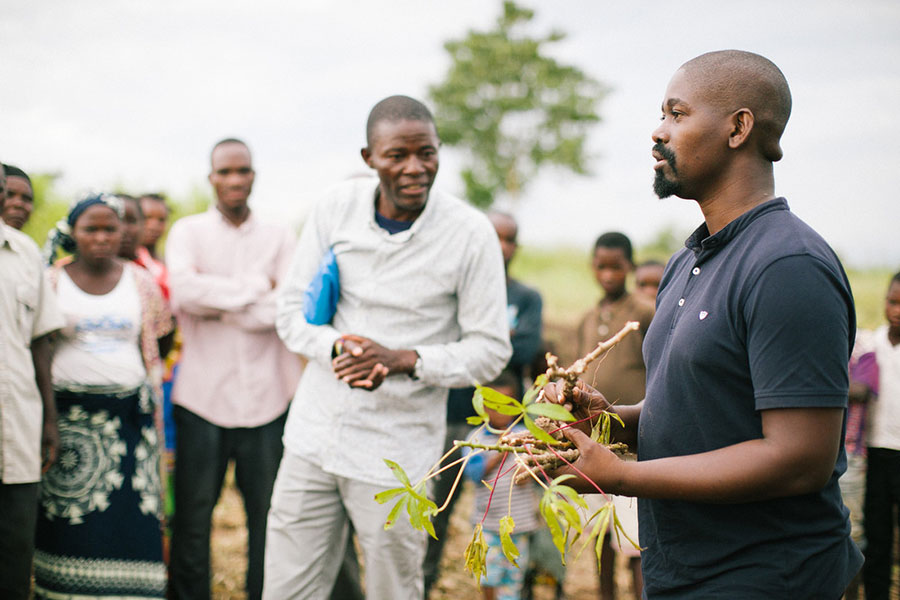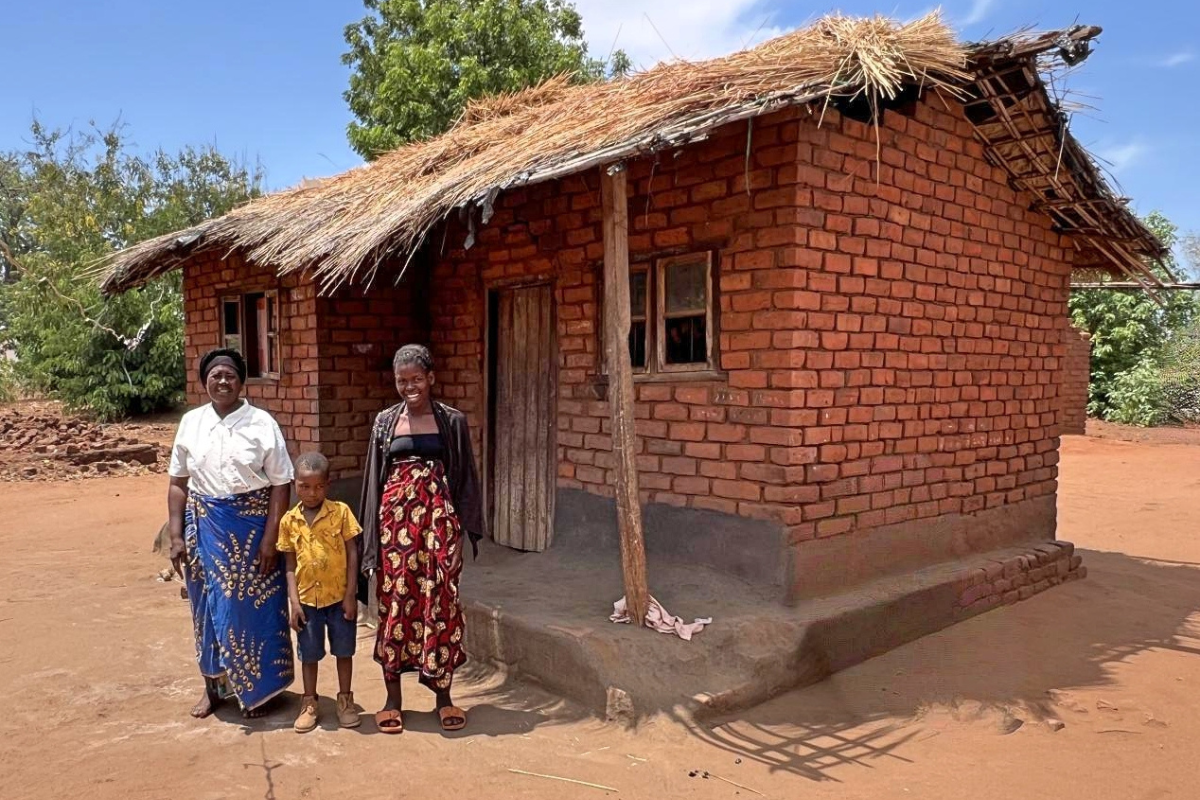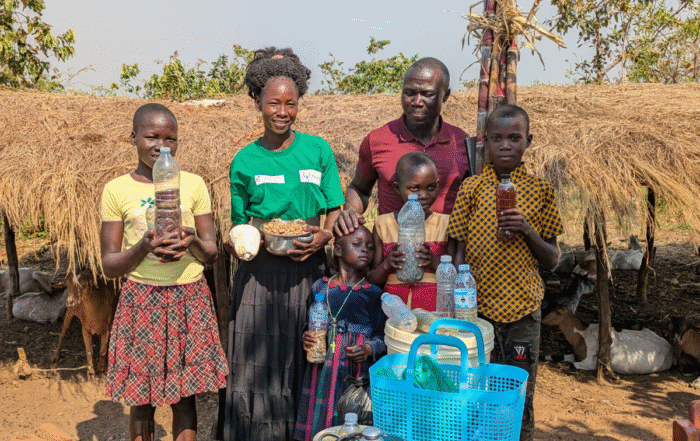Ways You Can Help Stop Climate Change

The choices we make every day have a big impact on our climate. Our planet is facing one of the biggest and most complex environmental challenges of all time and as our global climate worsens, we are faced with intensifying weather conditions that put everyone at risk. From extended droughts that take a strain on food crops, to losing a variety of animal and plant species, and more.
The fight against climate change may seem daunting for just one individual, but every choice makes a difference in this global issue. In this article, we’ll look at six different ways you can help stop climate change.
What is climate change?
Climate change is a long term change in global weather conditions and other atmospheric patterns, the results in melting glaciers, rising sea levels, as well as hurricanes, heatwaves, and floods to name a few.
How climate change has evolved over the years
Our climate has changed drastically over the past century. These changes have been caused by natural occurrences such as volcanic eruptions, changes in the Earth’s orbit, and movements in the Earth’s crust – also known as tectonic plates.
Over the last million years, our Earth has undergone both ice ages and warmer cycles and has managed to regulate its climate. However, with the addition of human activities, there have been drastic changes that have gotten out of control.
Since the industrial revolution in the 1800s, global temperatures have risen exponentially. The burning of fossil fuels, such as oil, gas and coal has made it impossible for the Earth to sustain itself.
Although we cannot stop global warming overnight, or even over the next several decades, reducing the amount of negative impacts from human emissions or heat-trapping gases and so on needs to happen today before it’s too late.
Let’s look at some practical ways you can help fight climate change.
What can you do that will make a difference?
Although the Climate Witness Project has newsletters and regional support people who help groups and churches to go deeper, to think practically for their own specific contexts, and to connect with local resources in order to put these ideas into action in a way that truly makes an impact, here are a few other ways you can make a difference.
1. Go 100 percent green power
Energy consumption is by far one of the most pressing concerns in the fight against climate change. Roughly two-thirds of global greenhouse gas emissions are caused by the burning of fossil fuels for heating, power, transportation and manufacturing.
To start your journey towards 0% greenhouse gas emissions, you can explore alternatives to your source of electricity. The list of promising alternatives to fossil fuels is growing every day, from solar panels, wind turbines, hydropower and more. These clean energy choices are being made more easily available to power our lives and can make a significant difference in the long run.
In addition, some utilities offer opportunities to sign up to use more renewable energy resources from your energy provider, so have a look at your options.
2. Eat more plants
If you haven’t considered the connection between eating meat and global warming, it might be time to reconsider. Eating less meat, or going vegetarian, is one of the best ways we can lower our carbon footprint, the greenhouse gas emissions and be more environmentally conscious.
Eating beef is actually one of the biggest ways we generate greenhouse gases. According to Carbon Brief, the meat and dairy industries generate at least 7.1 gigatons of greenhouse gases every year – to put that in perspective, that is 14.5% of the total emissions.
Aside from the environmental benefits eating less meat has, studies have shown that a high-fibre plant diet is much healthier for your body. Try getting locally-grown, seasonal products to minimize carbon emissions from transportation and preservation.
Here are four simple ways to make your diet more climate-friendly:
- Grow your own food
- Eat more meat-free meals
- Don’t waste food
- Buy organic and locally-produced food whenever possible
For more information on consuming more plant-based meals, seasonal diets, supporting local economies, and leading healthy lives, check out this book.
3. Start from your route
Cars not only contribute to the release of greenhouse gases but their exhaust fumes also pose a significant danger to public health. Vehicle emissions have been shown to affect the health of unborn babies and increase the risk of dementia.
Instead of hopping into the car, walk or go cycling; enjoying the advantages of physical and mental wellbeing, and savings too. Minimize fossil fuel pollution by parking and cycling the rest of the way to your destination, using public transportation whenever possible, or try ride-sharing services for longer journeys.
4. Protect green spaces
The forest and green spaces such as local and national parks are very important for both people and the global climate as a whole. These green spaces absorb carbon dioxide and help to lower levels of air pollution.
If you have your own outdoor space, don’t cover the lawn with pavement or artificial turf. Create your own green space, have potted plants close to your window sill or balcony.
5. Make your voice heard
One of the most important things you can do to help fight climate change is to speak about it to help make people aware of the issues. Do the research to learn if your local leaders are making good decisions to ensure your community is doing all that can be done to stop climate change. If you think more should be done, speak up! Take part in a civic movement or initiative that promotes environmental activities and gets people excited to talk about climate change action.
6. Invest in renewables
Reduce the use of fossil fuels such as gasoline, carbon and natural gas and go for alternative and safer energy sources all while increasing energy efficiency.
Here are some small adjustments in your home that can help to reduce your energy consumption and your hydro bill:
- Reduce the heat by a degree or two.
- Switch off lights and appliances that aren’t in use.
- Use LEDs or other low-energy light bulbs instead of incandescent and halogen light bulbs.
Check to see if your house is energy efficient and make sure you have sufficient insulation and consider draught-proofing windows and doors. Swapping the electricity supply to a greener alternative is a smart way to invest in alternative energy options and still save money on your bills.
World Renew’s response to climate change
World Renew seeks to assist families in vulnerable economic and social environments who are already experiencing the impacts of climate-related events. Many families in developing countries rely heavily on the climate to yield crops to sustain their livelihoods, and with these extreme changes in both frequency and severity of our weather conditions, resulting in droughts and floods, they are at risk of becoming income insecure.
The resources of the earth are gifts from God and we are called to be good stewards of these resources. We are also called to love our neighbours as ourselves, and by wisely stewarding the earth’s resources we are ensuring that we leave enough for our brothers and sisters in Christ.
In a recent collaborative and proactive approach to climate change, World Renew joined a group of national Canadian churches, development organizations, and faith-based organizations. For the Love of Creation is a faith-based initiative for climate justice that seeks to engage people across Canada through theological reflection, the involvement of their communities and civic activism to respond to climate change.
The road towards that transition
We can only combat the effects of climate change by working together to raise awareness, adopting greener lifestyles and committing to support efforts to rebuild our environment.
Through the Climate Witness Project, World Renew has partnered with hundreds of churches and thousands of advocates to pursue zero emissions by 2030. You can donate to empower more churches to help make this a reality.
We’re all in this together! Help fight climate change by donating to World Renew’s efforts in climate change advocacy.
MORE STORIES AND NEWS
Malawi: Compassion through strength
Compassion through strength In Malawi February 17, 2026 Compassion through strength in Malawi February
United States: Overcoming the Unthinkable
Overcoming the unthinkable February 12, 2026 Overcoming the Unthinkable February 12, 2026
Uganda: Beyond food secure
Beyond food secure In Uganda February 11, 2026 Beyond food secure in Uganda February







